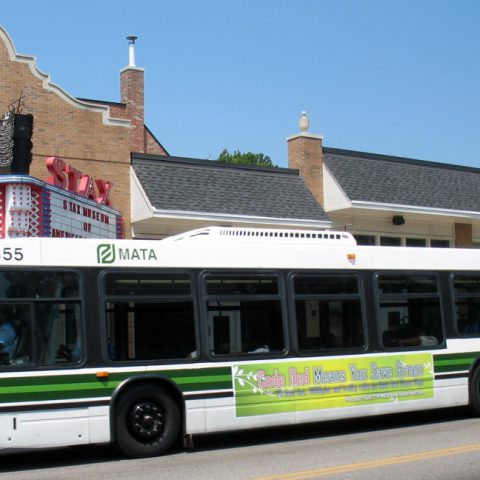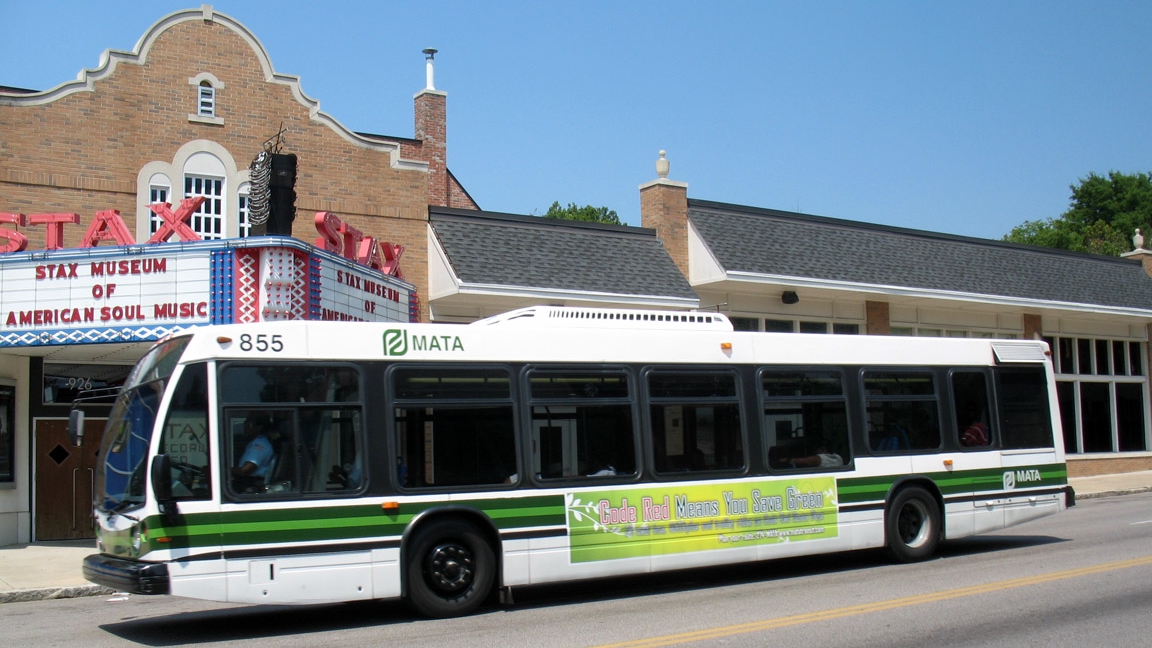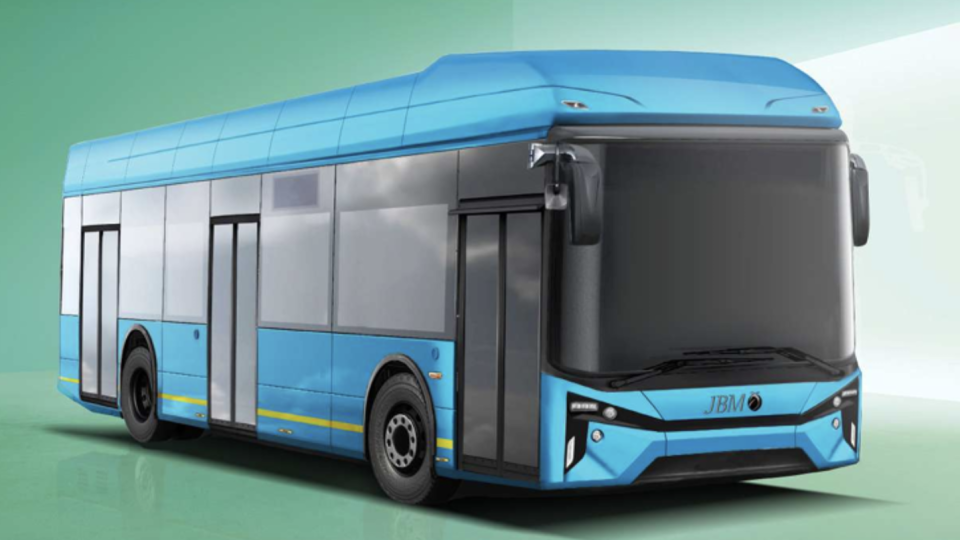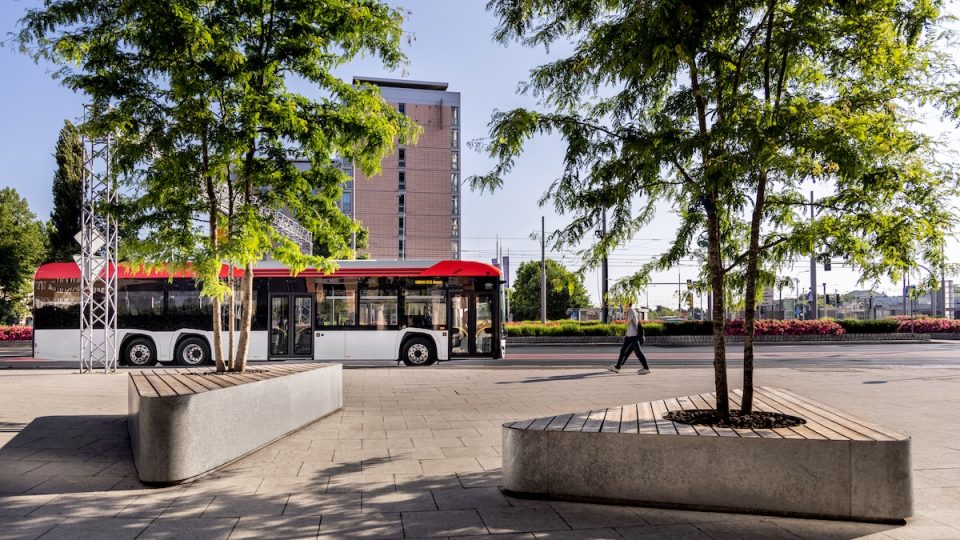Ten electric buses for Memphis thanks to a 20 million $ funding
Memphis is going to buy ten electric buses thanks to 19.9 million dollars fund coming from Tennessee Department of Transportation. The grant will cover also the charging infrastructure. At the end of 2017, 9 per cent of all transit agencies of the United States either had electric buses in service or on order at the end of […]

Memphis is going to buy ten electric buses thanks to 19.9 million dollars fund coming from Tennessee Department of Transportation. The grant will cover also the charging infrastructure. At the end of 2017, 9 per cent of all transit agencies of the United States either had electric buses in service or on order at the end of 2017. And the number is growing fast.

Nearly 20 million for the electric route
The ten electric buses for Memphis are going to be deployed on a new route that will serve the Memphis International Airport and Southeast Memphis. Memphis Area Transit Authority (MATA) will receive 13.9 million over a three year period through the Congestion Mitigation and Air Quality program, a federal program funding projects focused on improving air quality and reducing vehicle emissions. Other six million will be provided over a three year period to fund the new route once the electric buses are up and running. No timeline has been established yet.
9 % of US transit agencies has ordered electric buses
Electric buses are making their first step in US cities: according to the consulting company Eb Start Consulting, during 2017 the number of electric buses delivered to US public transit agencies grew 83 percent (182 electric buses in service at 1/1/17, 383 one year later). Although market penetration remains low at about 0.5% of the total U.S. public transit bus market, 9% of all transit agencies either had electric buses in service or on order at the end of 2017. The market leaders? Proterra and BYD, both of which have recently tripled their manufacturing capacity to keep up with the demand. New Flyer come third.
A step toward Memphis 3.0 Transit Vision
The route is expected to provide service throughout the day to major employment centers in the area connecting Memphians to jobs faster. “This a huge step for MATA and the City of Memphis,” says Gary Rosenfield, Chief Executive Officer at Memphis Area Transit Authority. “These buses will be the first in the area to run entirely on electric power which will significantly improve the transit authority’s carbon footprint, improve air quality and reduce operating costs”. As reported in Commercial Appeal, funding such as the $20 million grant to implement electric buses in the city is a step toward achieving the Memphis 3.0 Transit Vision which calls for higher frequency in bus services, a plan that would cost $30 million per year to operate.







